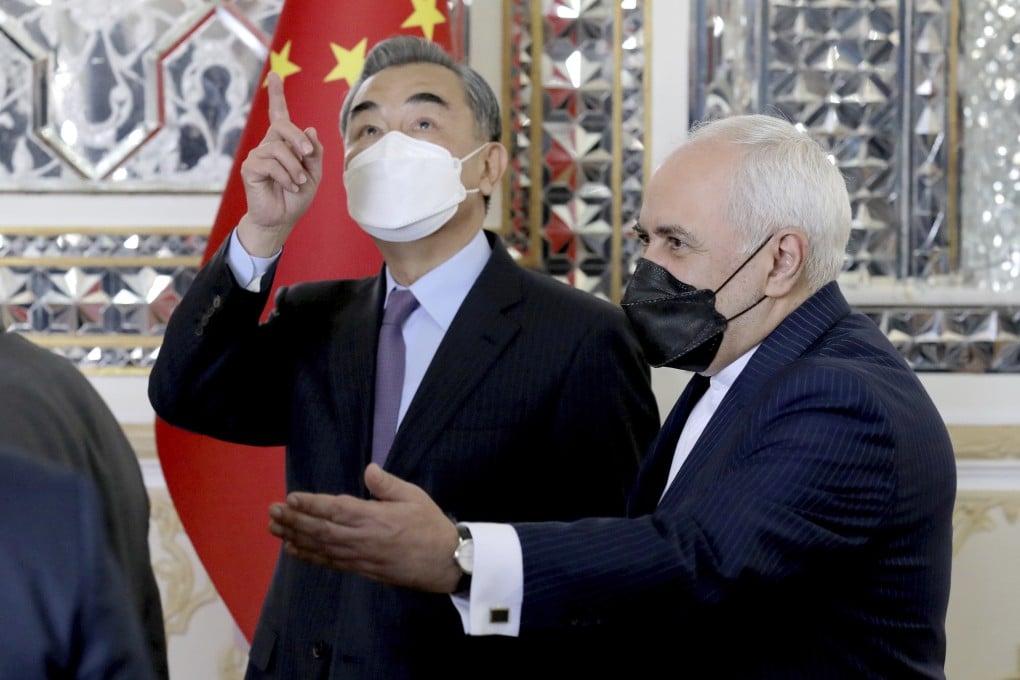Advertisement
Opinion | Why overhyped US$400 billion deal changes little for China, Iran or Middle East
- China’s reliance on Iran for energy has declined, and it is unlikely China will endanger relations with Saudi Arabia and other Arab countries in favour of Iran
- While Tehran hopes to benefit from cooperation, both sides are aware this is not an agreement among equals, as Iran needs China much more than China needs Iran
Reading Time:3 minutes
Why you can trust SCMP
11

Immediately after his meeting with senior US diplomats in Alaska, Foreign Minister Wang Yi embarked on a six-state tour of the Middle East. In Iran, his third stop, he signed the long-discussed 25-year cooperation agreement between China and Iran.
Advertisement
There has been much speculation on what the agreement might mean for the region and for the Joint Comprehensive Plan of Action (JCPOA) negotiations. To understand its significance properly, it is essential to cut through the hype. The reality is that the deal is highly symbolic and will probably not change Sino-Iranian relations dramatically.
China’s interest in Iran is rooted in its quest to secure its energy supply. Iran has the second-largest crude oil reserves in the region, and it holds a key position in China’s Belt and Road Initiative. It can open a China-Pakistan-Iran corridor for Beijing.
Given that Beijing had already signed similar agreements with Saudi Arabia and the UAE, signing one with Tehran does not come as a surprise.
The deal has been presented as a US$400 billion agreement intended to trade Chinese investment and cooperation for Iranian oil. A draft of the agreement circulated by Tehran in 2020 allows for a more realistic view of it.
Advertisement

Advertisement
